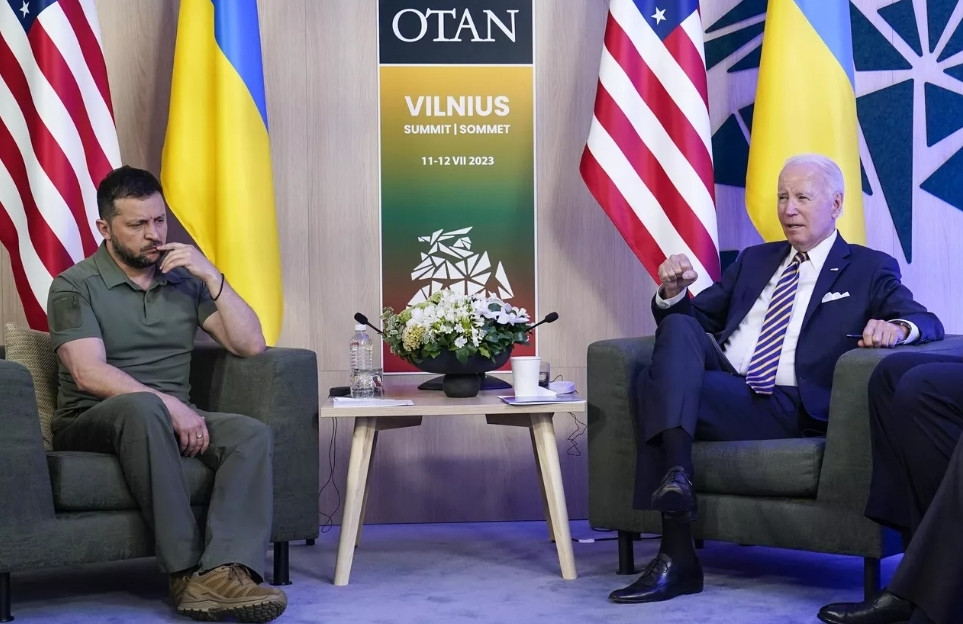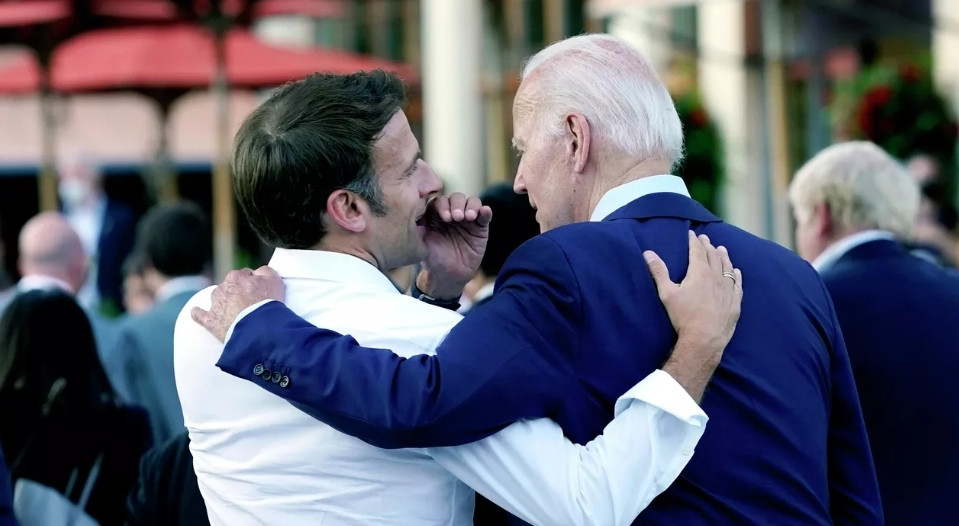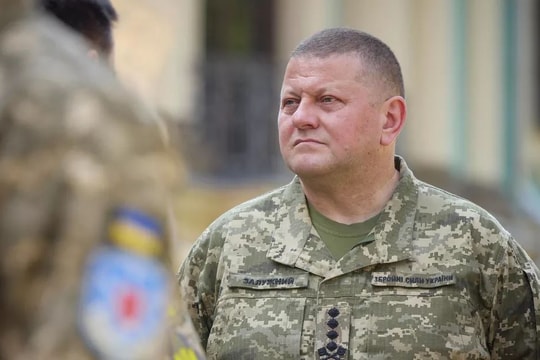Russian media says Ukraine is gradually losing the trust of its allies.
(Baonghean.vn) - For 1.5 years, Ukraine has challenged the patience of the West, but everything has its limits.

Western allies angry
At the recent NATO Summit in Vilnius (Lithuania), representatives of the US and Europe openly expressed the grievances that they had tried to hide for a long time.
Politico reported that British Defense Secretary Ben Wallace and US National Security Adviser Jake Sullivan accused Ukrainian President Volodymyr Zelensky of being ungrateful for “reasons.” One of them was Mr. Zelensky’s message on Telegram. President Zelensky said, “It would be ridiculous if Ukraine was not given a specific timeframe for an invitation to join or become a member of NATO.” These statements by Mr. Zelensky have angered Western officials.
Recalling his visit to Kiev, British Defense Secretary Wallace complained that he was not “well treated.” US National Security Adviser Jake Sullivan criticized the Ukrainian leader for complaining about inadequate military support.
“The American people deserve to be grateful for Mr. Zelensky's outrageous demands,” Mr. Sullivan emphasized.
Politico noted that Ukraine has long angered Western diplomats, but these have been carefully hidden. The West has repeatedly called on leader Zelensky to temper his temper and not anger his allies.
From the Ukrainian government’s point of view, Kiev considers such criticism completely irrelevant. Ukraine believes that it is fighting Russia for the benefit of the entire Western civilization, while the United States and Europe are too focused on their national interests.
The Washington Post quoted a response from Ukraine's Chief of the General Staff, Valery Zaluzhny, when asked about US advice on attacking Russia, as follows: "Why should I ask someone what to do on our territory? This is our problem, and we have to decide how to do it?
However, since the counteroffensive of the Ukrainian Armed Forces suffered many failures, President Zelensky has become less and less controversial.

European allies "turn their backs"
In Europe and Latin America, Ukraine has no one to rely on. This was clearly demonstrated at the EU Summit and the Community of Latin American Countries in Brussels over the past two days (July 17-18).
Europe wants to reduce its dependence on raw materials from China and is looking for alternatives. To regain the initiative, the EU is ready to invest 45 billion euros in Latin America over the next four years under the Global Gateway Initiative – a counterweight to China’s “Belt and Road” project.
Despite previous promises, the summit remained tense, with the conflict in Ukraine playing a role. Europe wanted to include strong condemnations of Russia in the joint statement, but most South American leaders objected. In the end, Europe included in the joint statement that “the conflict is causing great human suffering and worsening the instability of the world economy.” The joint statement did not mention Russia.
In addition, Austrian Chancellor Karl Nehammer said that he supports the peace initiative of Brazilian President Lula da Silva. In the Brazilian leader's opinion, all countries not involved in the Russia-Ukraine confrontation can be responsible for promoting negotiations; and Moscow needs to provide “minimum conditions”.
Ukraine has no choice
Ria Novosti newspaper commented that exchanging territory for peace is the most realistic scenario.
“If the Ukrainian Armed Forces cannot successfully counterattack, negotiations will not begin. The front lines will not change, and the US accepts that. But if Russia continues its offensive, and threatens to abolish the current Ukrainian statehood, the West will engage in dialogue with Moscow, including exchanging territory for peace,” argues political scientist Rostislav Ishchenko.
Europe has never wanted to pay Ukraine. However, a conflict between Brussels and Kiev is unlikely, as both are dependent on Washington.
“Therefore, negotiations should continue between Russia and the United States. And Ukraine will simply do as they say,” said political scientist Rostislav Ishchenko.
Political scientist Oleksandr Dudchak argues that the West does not really need peace between Russia and Ukraine, and that a frozen conflict is more likely if the Kiev government’s “patrons” find the fighting too damaging to their economic interests.





